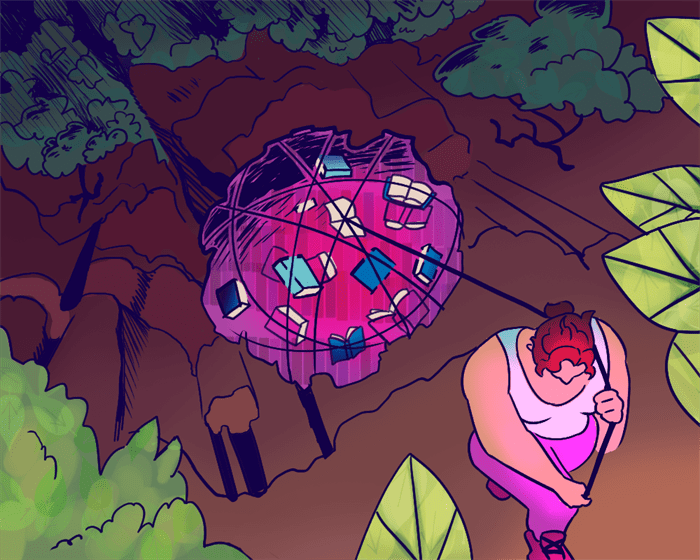Last summer, I took an online class on American Education, partaking in the commonplace practice of reading reviews for it. One that stuck out to me followed along the lines of “I wish I had the money to attend a private school. Too many liberal ideas being pushed, I just want a regular education.”
I would later discover, ironically enough, that the student had completely missed the objective of Module Five: Schools and Their Purpose. The comment recently resurfaced in my mind with news of politicians supposedly eliciting “woke” curricula out of classrooms.
There has always been controversy with what’s appropriate to educate children on, political interpretations often clouding the actual content in question. But in order to address the question of what’s suitable for school or isn’t, we need to focus on education as a whole.
That is to say, what is the true purpose of education?
We could say it’s an institution that is the catalyst of societal change. Schools harbor observations, criticism and possible solutions to our world’s problems.
In following such a doctrine, it is deduced that school, by nature, is progressive.
By itself, this seems like a volatile statement. We have seen firsthand how occurrences in the political hemisphere can power a widespread, turbulent re-defining of ideas. Merriam-Webster’s definition of “progress” as an adjective is “making use of or interested in new ideas, findings or opportunities.”
Schools, particularly colleges, might be seen as a bubble where the fabric of reality is diffracted through the academic lens. Theories and propositions are possible, but only in a vacuum of a utopia.
The real product of school is criticism about consciously-perpetuated norms, which is promptly followed by disapproval and censorship. Fiery comebacks call these ideas unnatural, delusional and not welcomed into our children’s schools.
To clarify, we should not frame this response as entirely unnatural.
Society has a tendency to wrangle with the implications of drastic change. The difficulty of changing laws and the norms that trail behind it has its reasons, such as avoiding mishaps and allowing time to assess the situation.
We don’t have to seek out dictatorial countries to get a sense of what this would be like. There’s not that much difference in our own backyard as supposedly stoic, government-issued acts are quickly reversed, like the retraction of Roe v. Wade.
Schools versus the public with government backing is a phenomenon that has always occurred from ancient times to contemporary America. We simply became more aware of this “combat” between academia and government because fast-traveling media amplifies these altercations.
Overall, I find it redundant to label schools as “progressive” since school is synonymous with experimentation. Furthermore, trying to categorize progressive versus conservative education isn’t applicable. You either face uncomfortable truths and biases and struggle to confront them, or disregard this completely.
School should be a safe space for students to develop an awareness of their knowledge, beliefs and biases. In truth, it’s a distressing, tiresome, lifelong process. However, it is a necessary force that exists. With the support of staff and adequate resources, students can navigate this flexibly and safely.
In short, if it does not impel kids to struggle, learn, heal and repeat, it’s not really a school. And if schools are not an appropriate place for kids to struggle and learn, where is it, then?
As a student, I expect schools to present me with potentially unpopular or controversial topics. The point is that I have the guaranteed safety to be critical with making sense of this because that is what creates an “educated” person.
When we graduate, we should have become well-acquainted with the school’s purpose. That is the introduction and reintroduction of ideas via social upheavals that supply the momentum for theories to eventually become serious, political change.
Whether each new generation leaves school understanding that they are students of change and citizens of consistency will become apparent well after the cap and gown had their glory.



